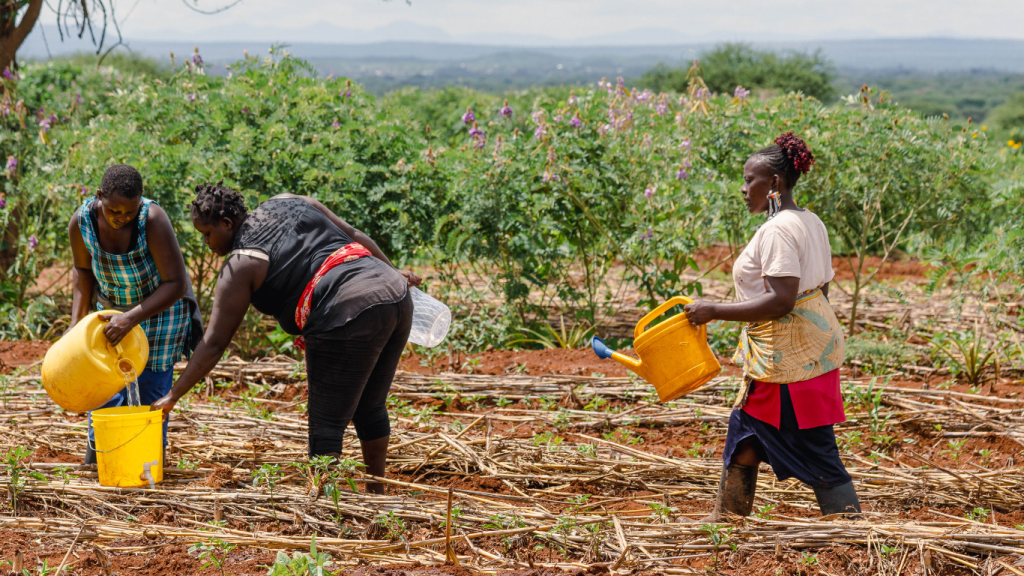
In the harsh and unforgiving landscapes of arid and semi-arid lands (ASALs), water is a precious commodity. The success of agricultural ventures in these regions hinges on effective water management, and irrigation systems play a pivotal role in this. Without irrigation, farming in ASAL areas is nearly impossible, as the soil quickly dries out, and crops wither away.
Ambokili Farm, dedicated to transforming semi-arid terrain into thriving ecosystems, faces significant challenges due to the limited water supply. Here’s why irrigation systems are crucial for ASAL areas and why Ambokili Farm urgently needs one.
Understanding the Need for Irrigation in ASAL Areas
Water scarcity is the defining characteristic of ASALs. These regions receive minimal and unpredictable rainfall, often leading to drought conditions. According to the Food and Agriculture Organization (FAO), ASALs cover about 40% of the Earth’s land surface and are home to 2 billion people globally. In Kenya, approximately 89% of the land is classified as arid or semi-arid, impacting millions who depend on agriculture for their livelihoods.
Effective irrigation systems can transform these arid landscapes by providing a consistent water supply, crucial for crop growth and food production. Irrigation ensures that plants receive the necessary water to grow, even during prolonged dry spells, thus stabilising food production and enhancing food security.
The Science Behind Irrigation Systems
Irrigation systems are engineered to distribute water efficiently across agricultural fields. There are various types of irrigation systems, each suited to different environmental conditions and crop needs:
Drip Irrigation: This method delivers water directly to the plant roots through a network of tubes and emitters. It minimises water wastage by reducing evaporation and runoff, making it ideal for water-scarce regions.
Sprinkler Irrigation: This system mimics natural rainfall by distributing water through a series of high-pressure sprinklers. It is effective for a wide range of crops but may result in higher water loss due to evaporation.
Surface Irrigation: Water is distributed across the field by gravity flow. It requires precise land leveling and is less efficient than drip or sprinkler systems but can be cost-effective for certain crops.
Each irrigation method has its advantages and challenges, but they all share the common goal of optimising water use to ensure crop survival and productivity.
Why Ambokili Farm Needs an Irrigation System
At Ambokili Farm, we are committed to creating self-sustaining, biodiverse ecosystems through organic permaculture, environmental conservation, and community development. However, our efforts are severely hampered by the lack of a reliable water supply. Here’s why an irrigation system is critical for our farm:
Ensuring Consistent Crop Production
Without irrigation, our crops rely solely on the erratic rainfall patterns typical of ASAL areas. This inconsistency leads to frequent crop failures, threatening our ability to provide food and sustain our farming operations. An efficient irrigation system would ensure a steady water supply, stabilising our crop production and enhancing food security for the local community.
Promoting Sustainable Agriculture
Irrigation systems are not just about watering plants; they are integral to sustainable agricultural practices. Drip irrigation, for example, reduces water wastage and conserves soil moisture, promoting healthier plant growth and reducing the need for chemical fertilisers. This aligns with Ambokili Farm’s commitment to organic farming and environmental conservation.
Enhancing Community Well-being
The benefits of an irrigation system extend beyond our farm. The Kimana community, which relies on Ambokili Farm for employment and food, would also benefit from improved water management. Consistent crop production means more stable job opportunities and a reliable food source, contributing to the overall well-being of the community.
The Role of Donations in Making This Possible
Implementing an advanced irrigation system requires significant investment. This is where your support becomes invaluable. By donating to Ambokili Farm, you are not just funding an irrigation system; you are investing in a sustainable future for both our farm and the Kimana community. Your contribution will help us achieve the following:
- Purchase and Install Irrigation Equipment: High-quality irrigation systems tailored to our specific needs.
- Training and Capacity Building: Educating our team and the community on the effective use and maintenance of the irrigation system.
- Sustainable Water Management: Ensuring long-term sustainability and resilience against climate change impacts.
Be Part of Our Sustainable Journey
At Ambokili Farm, we envision a future where arid lands are transformed into vibrant, productive ecosystems. An irrigation system is a critical step towards realizing this vision. We invite you to join us in this transformative journey. Your donation will help us secure a sustainable water supply, enhance food security, and promote environmental conservation.
Donate now to support Ambokili Farm’s irrigation project and be a part of creating a sustainable future for the Kimana community.
Together, we can make a difference. Let’s ensure every drop of water counts, every piece of land thrives, and every community prospers. Thank you for your support.
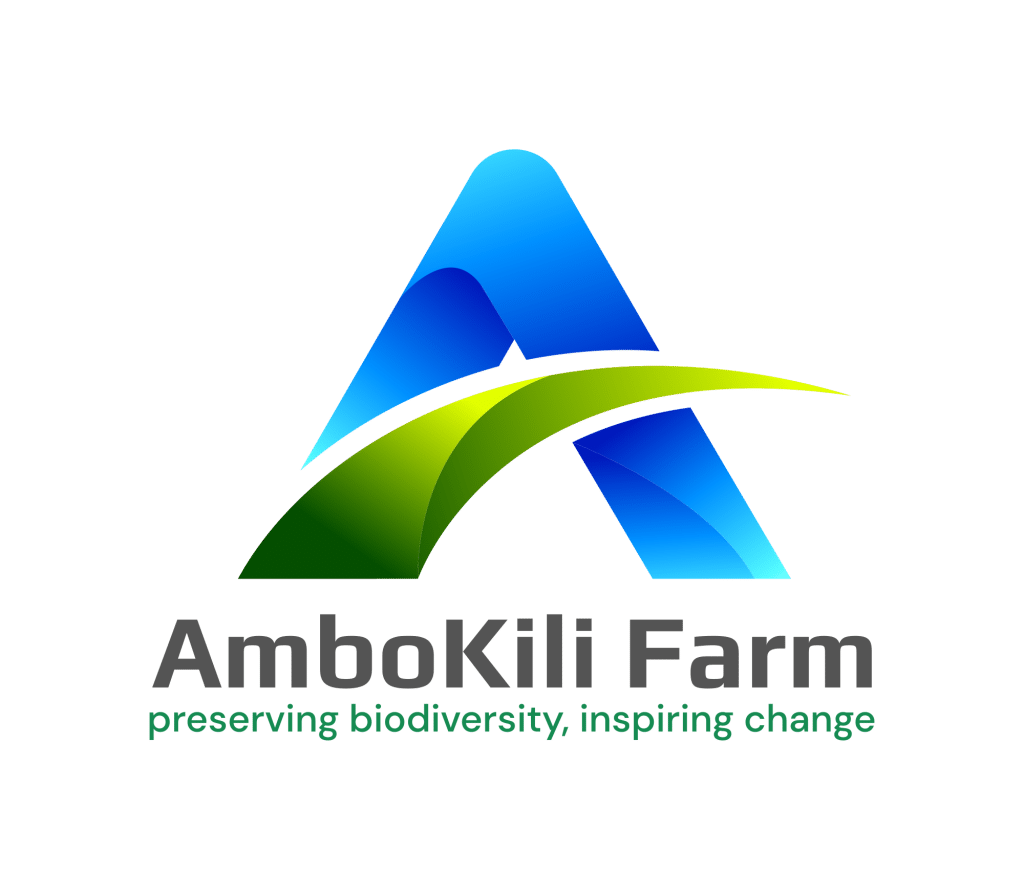
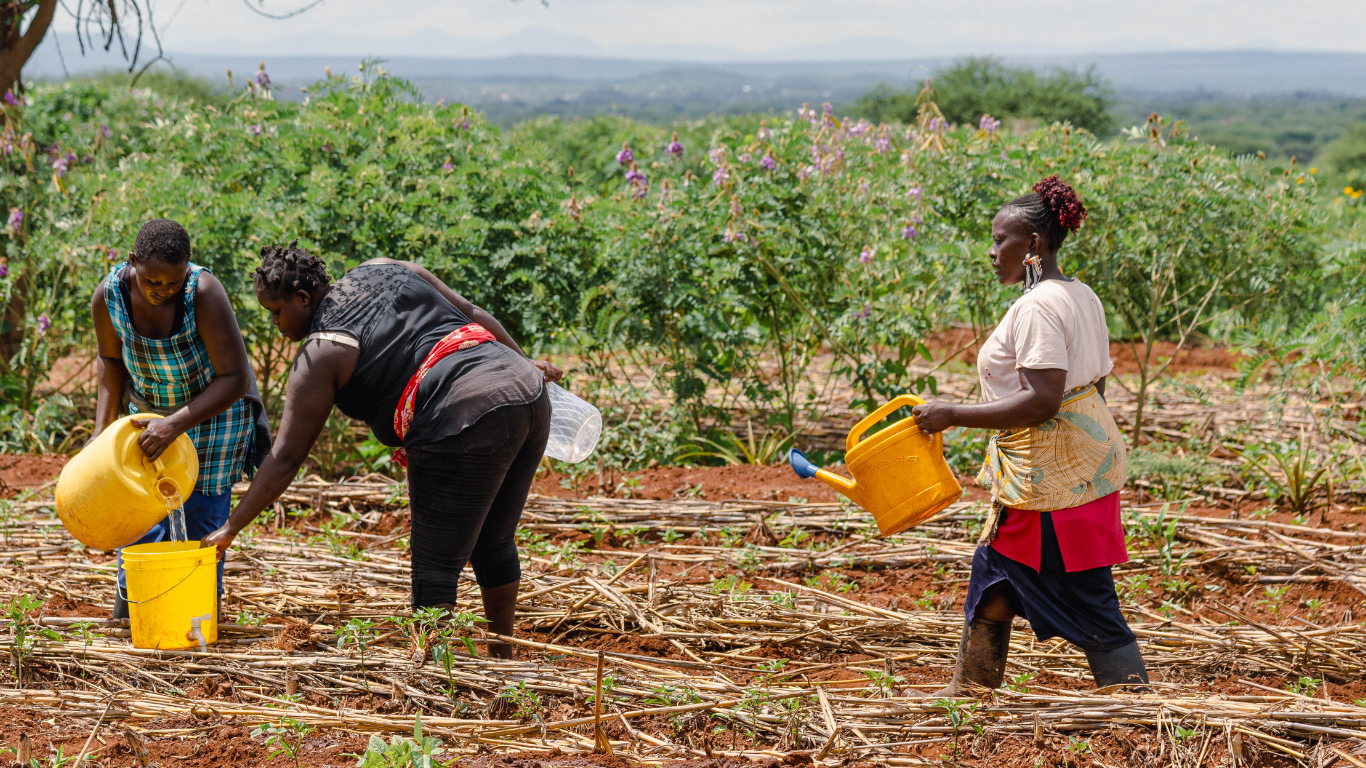
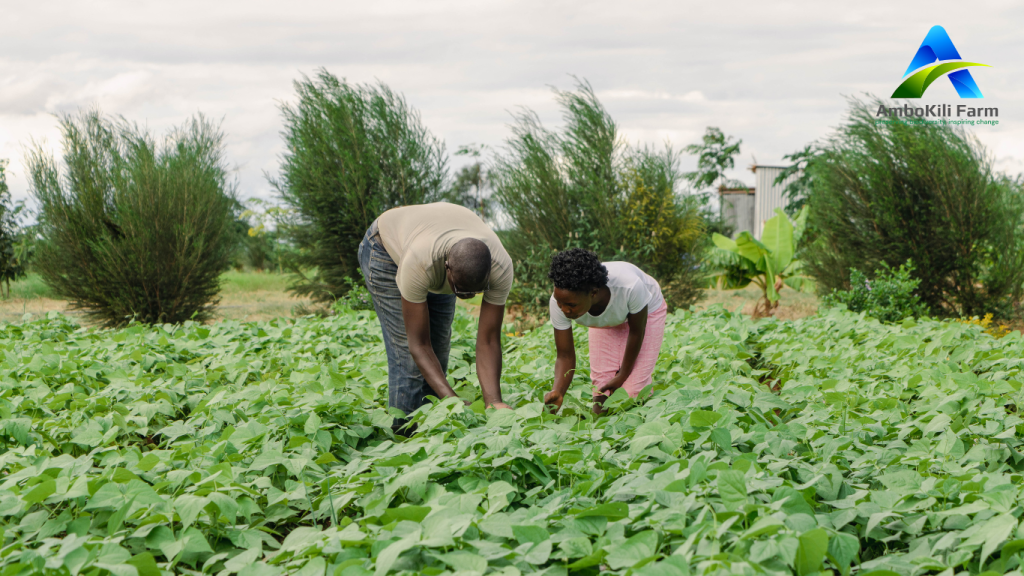
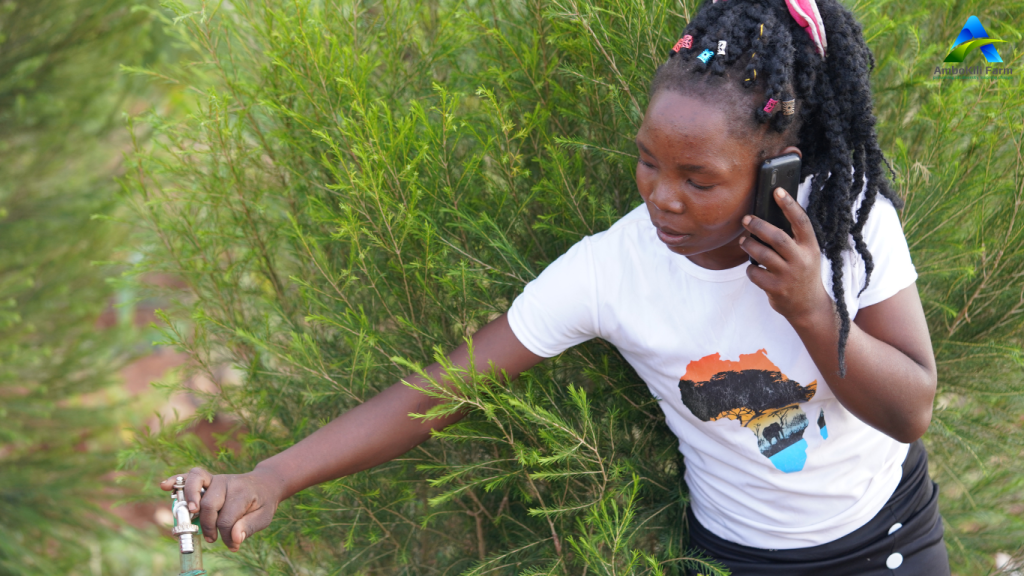
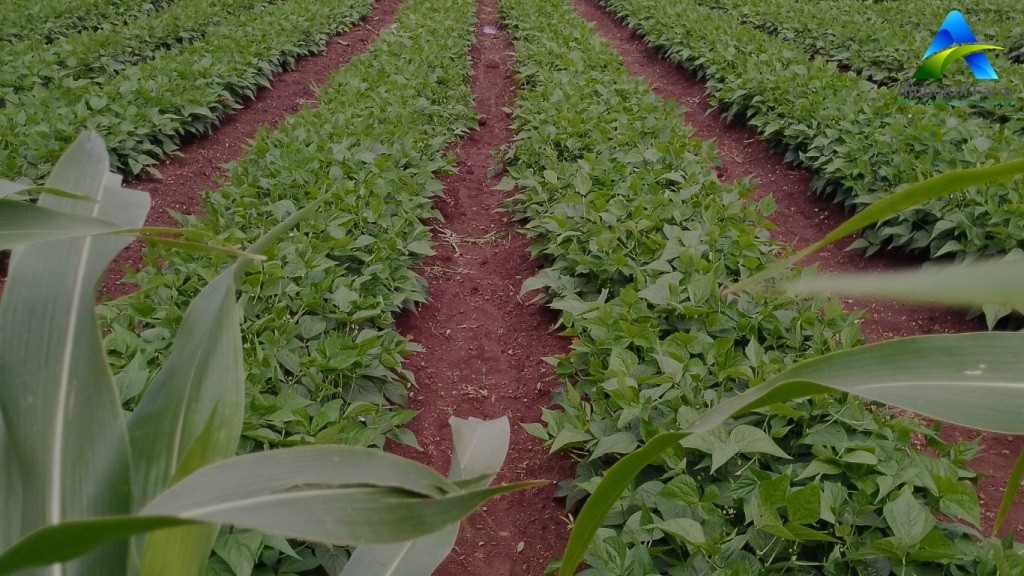
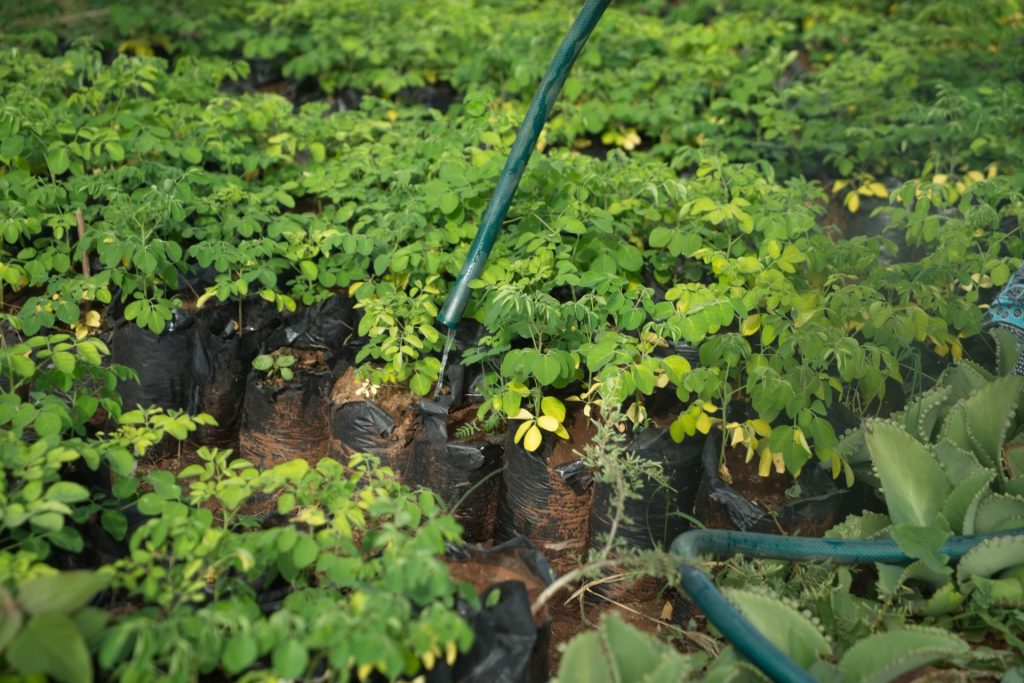

6 Responses
I am not sure where youre getting your info but good topic I needs to spend some time learning much more or understanding more Thanks for magnificent info I was looking for this information for my mission
We have a great team of specialists at Ambokili Farm, from Botanists to Agriculturalists and they are always willing to share information and educate our audiences. It’s our pleasure to provide you with such information and teach you something and hope to continue doing so.
Hi my loved one I wish to say that this post is amazing nice written and include approximately all vital infos Id like to peer more posts like this
Thank you and you are very welcome!
Fantastic site Lots of helpful information here I am sending it to some friends ans additionally sharing in delicious And of course thanks for your effort
You are most welcome. We are glad you found lots of helpful information, I hope your friends do too. We look forward to sharing even more.